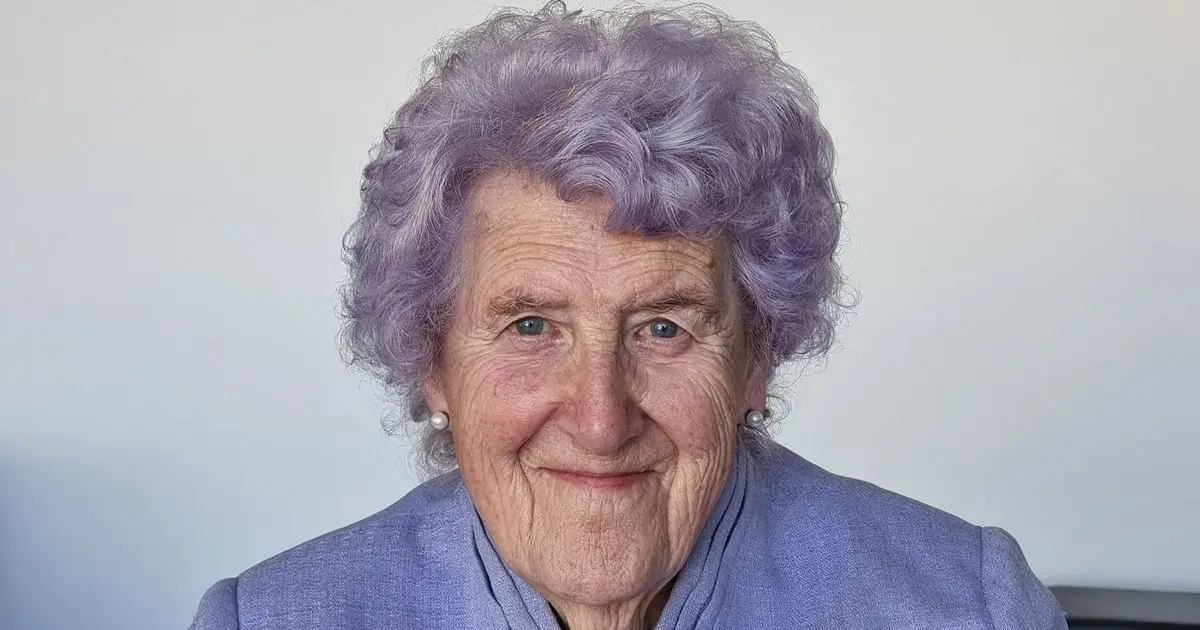One in Seven People Over 16 Has Experienced Stalking: Plymouth Among Most Affected Cities
New data from the Crime Survey for England and Wales reveals that one in seven people over the age of 16 has been a victim of stalking. Plymouth ranked 100th out of 314 UK areas, with over 2,900 reported incidents last year. Experts call for better healthcare training and a coordinated national response.
According to the latest data from the Crime Survey for England and Wales, one in seven people aged 16 and over has experienced stalking at least once in their lifetime. This figure includes one in five women and one in eleven men.
Stalking is defined as repeated behaviour causing fear, distress, or alarm — such as threatening messages, being followed, or someone loitering around your home or workplace. Young women and girls are statistically more likely to be targeted.
Plymouth recorded 2,911 stalking and harassment offences last year, equivalent to 11 incidents per 1,000 residents — or one in every 92 people affected. Across the UK, more than 600,000 stalking and harassment crimes were logged by police in the year ending September 2024, though the actual number is likely higher due to underreporting.
Stalking rates vary by region. Bradford topped the list with 22 crimes per 1,000 residents, followed by Kingston-upon-Hull, North East Lincolnshire, and other northern regions. This highlights a noticeable north-south divide in stalking prevalence.
The data was released during National Stalking Awareness Week, aiming to spotlight the mental health impact of stalking. Research by the Suzy Lamplugh Trust shows that 95% of victims suffer psychologically, with 78% displaying PTSD symptoms — yet only 24% were assessed for it.
Freedom of Information requests to NHS boards found that no integrated care boards in England provide specific training or services for stalking victims. Only 7% of healthcare professionals felt confident identifying stalking victims, and 85% lacked knowledge about referral options.
The Suzy Lamplugh Trust has launched the campaign ‘Health Response: Spotting Stalking’, urging health professionals to better identify and assist victims. They call on the government for more funding and a coordinated health strategy.
Suky Bhaker, CEO of the Trust, stated: 'Stalking has far-reaching effects on victims’ health, but healthcare professionals lack the training and resources to identify it.'
Daniel W. Price-Jones, Lead Consultant Forensic Psychologist for Cheshire Constabulary, added: 'The impact of stalking is cumulative and pervasive. Health professionals are often the first point of contact and must be trained to intervene early.'
For support, victims can contact Devon and Cornwall Police or call the National Stalking Helpline at 0808 8020 300.












Comments